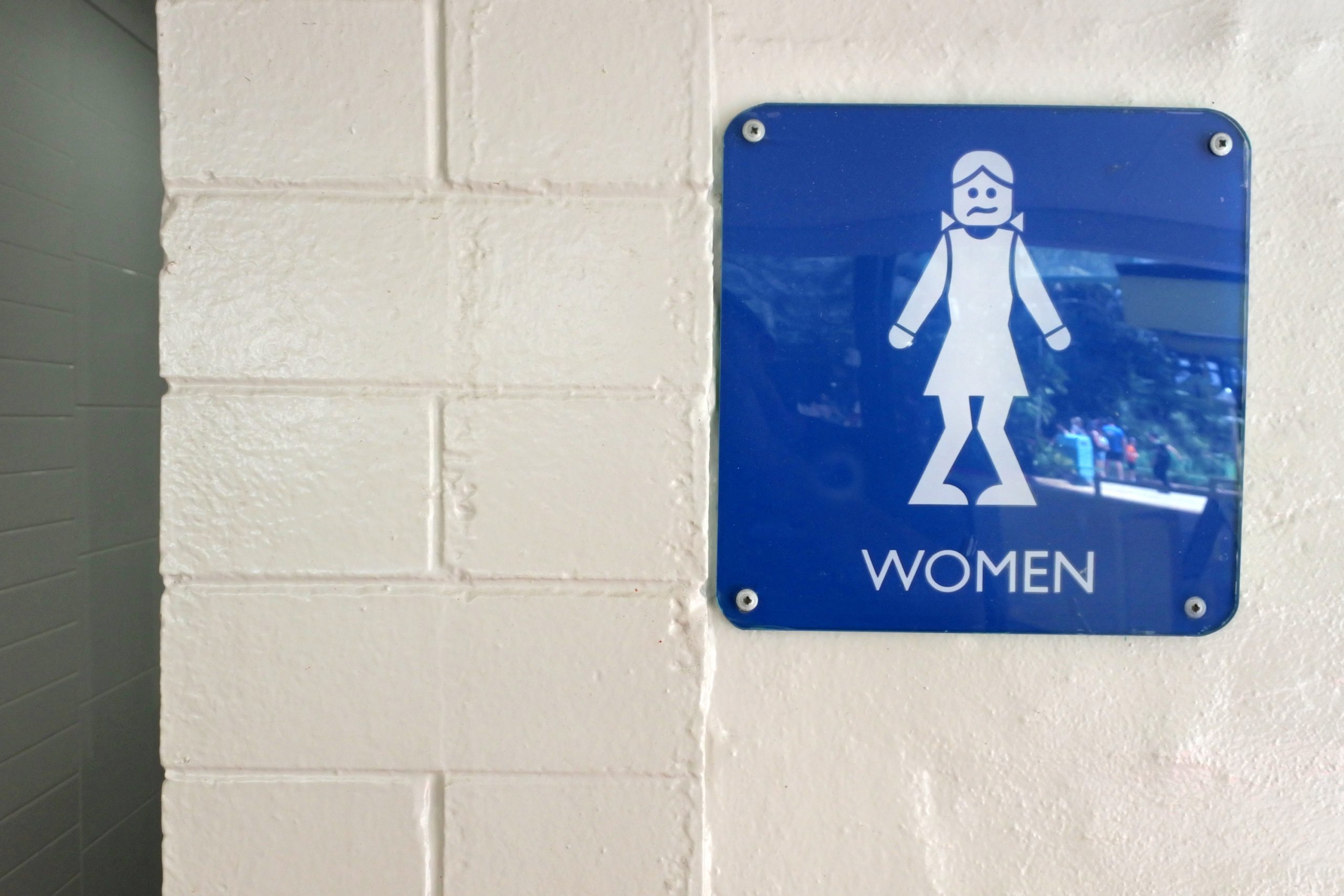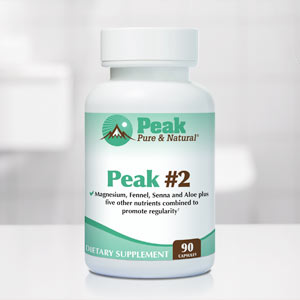Get Easy Health Digest™ in your inbox and don’t miss a thing when you subscribe today. Plus, get the free bonus report, Mother Nature’s Tips, Tricks and Remedies for Cholesterol, Blood Pressure & Blood Sugar as my way of saying welcome to the community!
What every woman should know about bladder leaks

Have you ever found yourself experiencing embarrassing bladder leakage after laughing, sneezing, or coughing? If you’ve made a mad dash to the bathroom suddenly after, you are not alone. This frustrating situation affects 1 in 4 women and increases with age. Up to 75 percent of women over age 65 report some level of urinary incontinence.
For some women, urinary incontinence runs their lives internally, keeping them from activities they used to enjoy, such as dancing, exercising or playing with the kids and grandkids.
But as common as the problem is, it’s not easy to talk about. You might feel embarrassed and powerless to do anything about it. And worse, some women accept bladder leakage as something they just have to tolerate.
That doesn’t have to be the case…
Types of urinary incontinence and causes in women
There are several different types of urinary incontinence, but these three types are most common among women:
- If you experience bladder leakage when you exercise, lift something heavy or sneeze, you may have stress incontinence. This is when physical movement puts pressure on your bladder and causes you to leak urine.
- Urge incontinence is when the feeling to urinate is sudden and urgent and you may have a hard time getting to the restroom fast enough.
- If you suffer from an overactive bladder, you may need to urinate frequently, especially overnight.
A leaky bladder can be a sign of an underlying condition — some normal with age and some related to disease conditions. Typical causes include:
- Changes with age. The bladder muscle can become weaker with age, and also bladder contractions occur more frequently as we get older.
- Pregnancy and childbirth can weaken the pelvic floor muscles or the sphincter which can cause bladder leakage.
- Menopause. Estrogen loss due to menopause can cause pelvic muscles to weaken.
- Diseases like Parkinson’s and Multiple sclerosis can damage the nerves that control your bladder.
Treatment options for and reduce urinary incontinence
Many treatment options exist, and it may take time to find what works for you. Although it’s a good idea to discuss bladder leakage with your doctor to rule out a serious condition, for the majority of women, it usually comes down to issues of pregnancy, childbirth and menopause taking a toll on the pelvic floor. It may take time to find what works for you.
Non-Invasive treatments
- Decreasing the amounts of fluids you drink three hours before bedtime can help tremendously.
- Eating more fiber to reduce constipation and reducing artificial sweeteners and caffeine can all help improve symptoms.
- Double voiding can be helpful for someone who feels they aren’t emptying well after going to the bathroom. Try this technique: stand up after urinating, then sit back down again to completely empty your bladder.
- Pelvic floor strengthening exercises. Kegel exercises are beneficial when you initially do the exercises with a physical therapist to learn how to perform the exercises correctly. However, many bladder control devices, some with accompanying apps, have been developed to help make it easier to perform these exercises by targeting the right muscles and reminding you to do them.
Invasive treatments
- Botox injections have been used to treat urgency incontinence for over 10 years. Botox is injected into the bladder wall which helps it relax since spasms can also cause incontinence. Unfortunately, insurance does not often cover this procedure.
- Sling procedures involve using a synthetic material or your own tissue that is inserted through the vaginal opening or a small incision in the abdomen. A sling is placed under the urethra to stop incontinence that occurs with increased abdominal pressure for activities such as jumping, sneezing, running and coughing.
- Electrical stimulation. There are a variety of electrotherapies that have shown benefits for women. Some administer a small electrical current from within the vagina to stimulate pelvic floor muscles. While others such as electro-acupuncture, use electrical pulses to activate meridians in the body.
Natural remedies to calm your bladder
If your symptoms are mild or you’re not ready for a medical procedure, there are natural options you could consider…
- Pumpkin seed extract. Research has shown pumpkin seed extract can have a positive effect on these annoying symptoms. One such study of 45 men and women with overactive bladder taking the extract daily for 12 weeks showed a 1.7 point reduction on the bladder scoring system, with decreased daytime and nighttime frequency along with decreased urgency.
- Kohki tea — this sweet tea is known for high levels of antioxidants and a protective effect on bladder function.
- Some studies have found that phytoestrogens, a natural compound in some foods, like soy, sesame seeds, lentils, oats and berries, are associated with improved pelvic floor muscles. Phytoestrogens contain natural estrogens.
- Bladder-friendly drinks include: water, cranberry juice, barley water, diluted squash, caffeine-free teas — but even these shouldn’t be consumed close to bedtime.
- Avoid constipation. Adding fiber to your diet and exercising regularly can help reduce some of the extra pressure on your bladder. Eating foods higher in fiber including beans, whole-wheat bread, fruits and vegetables.
- Avoid bladder irritants. Foods and beverages that are high in spice, sugar and acid, such as citrus and tomatoes, can irritate your bladder.
Editor’s note: Are you feeling unusually tired? You may think this is normal aging, but the problem could be your master hormone. When it’s not working, your risk of age-related diseases skyrockets. To reset what many call “the trigger for all disease” and live better, longer, click here to discover The Insulin Factor: How to Repair Your Body’s Master Controller and Conquer Chronic Disease!
Sources:
What home remedies work for an overactive bladder — Healthline
Bladder Leakage? 3 Things Women should know about Urinary incontinence — UofMichigan Health Blog














